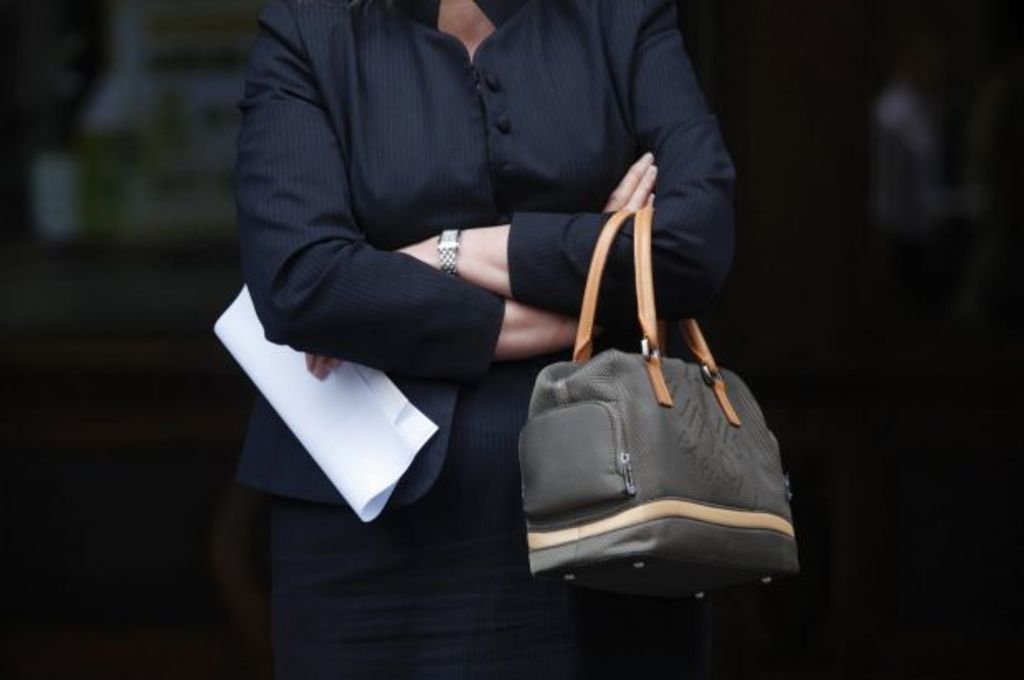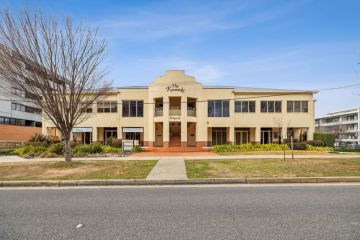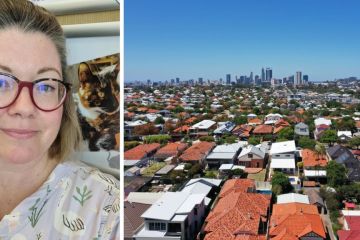Australian women outpacing men in wage growth and home ownership stakes

Experts believe women will emerge as winners in years to come when it comes to home ownership stakes in Australia if they continue to outpace men in wages growth.
The ratio of female to male wages has lifted to the highest levels in more than 11 years, according to the CommSec senior economist Ryan Felsman. In average weekly earnings, women’s wages increased by 3 per cent in the year to November 2017, while it rose by 2 per cent for men.
It also comes at a time when 60 per cent of women own their home compared to 56 per cent of their male counterparts, latest ABS figures showed.
Women lead the way as well when it comes to home ownership aspirations, according to a recent Westpac survey. The bank’s annual Home Ownership Report found that 28 per cent of women want to buy a home to live in within the next five years compared to 20 per cent of men. Sixteen per cent of women also want to purchase an investment property compared with 13 per cent of men, the report found.
Mr Felsman said there were a number of contributing factors to the changing economic landscape for women.
“There are more graduates. If you have more educated females that’s going to drive wage outcomes certainly on the higher end of the wage scale as well,” Mr Felsman said.
“But the female participation rate is at a record high and there’s a stronger demand for skilled female workers too.”
But it’s difficult to pin down what sectors and positions are driving the data, according to Mr Felsman.
Callam Pickering, APAC economist at jobs website Indeed, put it down to a combination of higher wage growth in female-dominated industries and a gender wage gap that continued to close.
Female home-ownership seen as long-term financial independence
The consensus on why women aspire to own property is that it’s all about long-term security at a time they’re still behind on pay and regular employment compared to men.
Women’s average superannuation balance at the time of retirement in 2015-16 was $157,050, almost half the amount of men in the same age group of 60-64.
This poor financial footing means women have less appetite for risky investments and home ownership has performed well as an asset class that ensures they have financial independence and economic security over the course of their life.
“Since many women face greater disruptions to their careers than men, via maternity leave and caring for family members, they understandably see an appeal to investing in property earlier than men do. The urgency to invest and build wealth earlier is only amplified by the fact that the superannuation balances at retirement for women tend to be much lower than for men,” said Mr Pickering.
Head of women’s markets at Westpac, Felicity Duffy said women’s increased aspiration for home ownership is indicative of a shift in attitudes and behaviour.
“[Our research shows] female first-home buyers in 2017 were twice as likely to consider buying an investment property and also twice as likely as men to consider good investment potential in a home as essential,” Mrs Duffy said.
- Related link: Women more likely to buy a home than men
- Related link: More women own their home
- Related link: Single female mortgage applicants rise
Women need different housing options in light of pay gap
Dr Emma Power, senior research fellow at the Institute for Culture and Society at the Western Sydney University, said women were attracted to home ownership as it was seen as a potential leveller of economic disadvantage throughout their life.
“Women are thinking of home ownership as a tool of income generation and income smoothing over their lifetime. So they have a regular source of income in periods of lower available paid work whether it’s the pay gap or when they’re out of the workforce during their child-rearing years,” Dr Power said.
. “We also have more equitable policies, too. Back in the day women couldn’t secure mortgage without a male guarantor.”
But women have a long way to go before they’re on property ownership and pay parity with men. The more important issue for Dr Power was providing women with more options to ensure housing and financial stability.
“I would like to see greater tenure diversity. Women should be able to gain security in rental properties and we should have social housing to meet the range of needs in our society,” Dr Power said.
“Welfare agencies are reporting single women over 55 is the fastest growing group of homelessness.”
It’s a statistic that has left many women thinking about how they will afford to live in their retirement, according to Dr Power.
But she warned there could be negative implications with women buying property if they’re financially disadvantaged.
“There are gendered risks around home ownership too. They face a greater risk of not paying the mortgage off and it can put you in more stress in retirement.
“While it is encouraging to get a foot in the market, a single female on her own is much less likely to pay it off than a single male or even less likely than a dual income household,” she said.
“In situations of divorce and property settlement women face particular economic disadvantage in accessing future home ownership due to the pay gendered gap and greater likelihood of casual or part-time work that fits around child caring responsibilities.”
We recommend
We thought you might like
States
Capital Cities
Capital Cities - Rentals
Popular Areas
Allhomes
More







